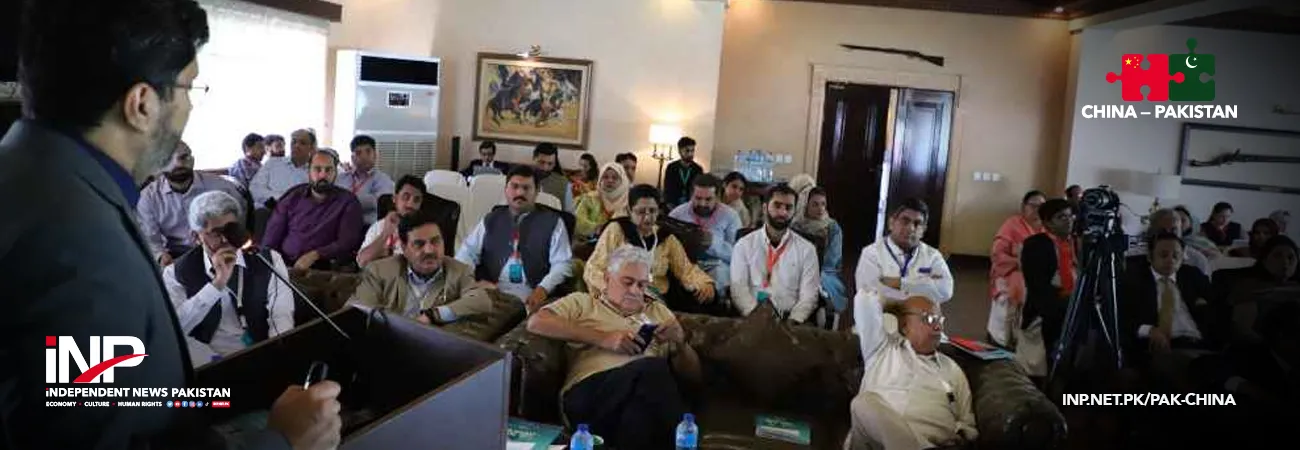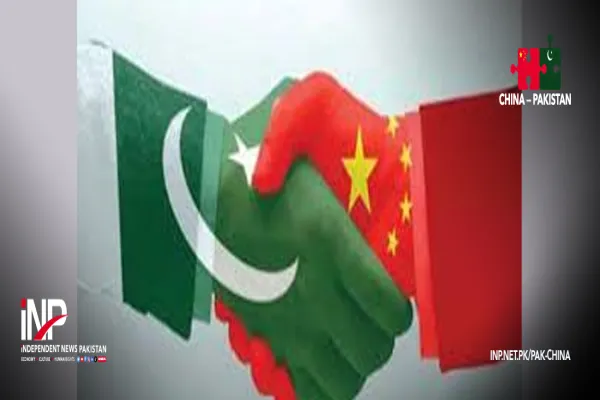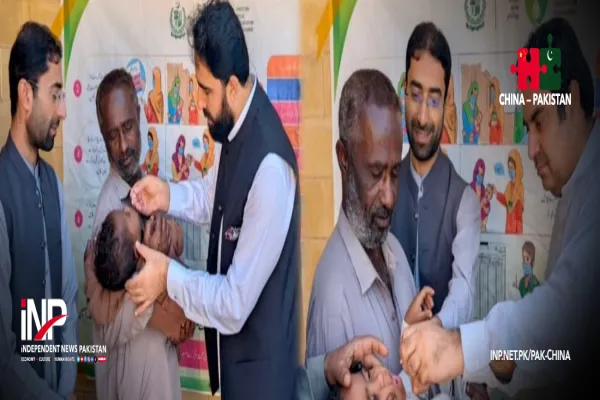i NEWS PAK-CHINA
Pakistan Institute of Development Economics (PIDE), under its Research for Social Transformation and Advancement (RASTA) program, kicked off its 3rd RASTA conference at the Country and Gun Club, Islamabad. RASTA boasts participation from over 60 universities, collaborating with more than 10 international institutes, and involving a talented cadre of over 2,300 researchers and academicians The research moot comprised diverse themes, including energy issues, urban development, technology, public service delivery, social sector development, markets and regulation, the political economy of development and reform, and sludge - the administrative burden.
While inaugurating the conference, in his inaugural address, Dr Nadeem ul Haque, Vice-Chancellor PIDE and Chairman RAC referred to one of his papers “Developing Research and a Research Culture: Results from a Pilot Project in Pakistan” as the genesis for the RASTA program. He said that the ‘enlightenment movement’ was nothing but the exchange of ideas among the great intellectuals of the time. Ideas bring change, however, ideas must be indigenous. Without exchange, ideas don’t refine, and without refinement reaching a conclusive solution becomes exceedingly difficult.
The Vice-Chancellor apprised the participants that we still have not been able to free ourselves from the colonial clutches. Our research is primarily driven by actors that are alien to our situation. Outsiders are driving our research, with perhaps vested agendas. Though, the onus is on Pakistani researchers. Why they are being silent spectators? Why don’t they question things around us? PIDE’s RASTA is one such platform it has provided the space for our local researchers to come up with innovative ideas and local solutions.
Through RASTA, we have also proved that we can do better than those who steer local research from outside. Earlier, Dr Faheem Jehangir Khan, Project Director of RASTA, presented highlights of the RASTA journey comprising over 3 years. PIDE’s RASTA is a multi-year competitive grants program for policy-oriented research in Pakistan, under the Public Sector Development Program (PSDP) of the Ministry of Planning, Development and Special Initiatives, the Government of Pakistan.
The mission is to develop an extensive research network of academia and think tanks across Pakistan producing high-quality, evidence-based policy research to inform Pakistan’s public policy process, he stated. Moreover, the program seeks to develop local thought communities and generate contextualized knowledge. Substantial outputs are to be completed in important areas of public policy that would produce insightful research and facilitate goals that the Government wants to achieve according to its vision. RASTA, Pakistan's premier economics and public policy research grants programme, continues to make substantial strides in shaping the future of policy discourse in the country.
With a robust commitment to fostering an extensive knowledge network, RASTA has emerged as a pivotal force in producing high-quality, evidence-based policy research. This dynamic initiative boasts participation from over 60 universities, collaborating with more than 10 international institutes, and involving a talented cadre of over 2,300 researchers and academicians. RASTA's unwavering dedication to the pursuit of knowledge-driven solutions is propelling Pakistan towards a brighter and more prosperous future, underpinned by data-driven policy decisions.
Mr. Omer Siddique, Senior Research Economist at PIDE, presented a detailed report on "The State of Commerce in Pakistan" during his presentation. The session on "Urban Development and Industry" was expertly led by Zahid Asghar, a distinguished Professor of Economics at Quaid e Azam University in Islamabad. Khalid Chauhan, Secretary of the Tourism Department in AJ&K, Government, skillfully facilitated the discussion on "Law and Judiciary." Furthermore, the insightful exploration of "Human Capital and Opportunities" was steered by Noreen Mujahid, the Director of the Applied Economics Research Centre (AERC) at the University of Karachi.
These sessions provided a comprehensive and multifaceted examination of their respective topics, contributing to a richer understanding of the issues at hand. The conference witnessed participants presenting their studies within the overarching themes, offering local solutions to pressing issues. Notable participants hailed from institutions such as the University of Illinois Chicago USA, Government College University Faisalabad, NUML Islamabad, Government College University Lahore, Jamal and Jamal Advocates and Legal Consultants Islamabad, University of Peshawar, BUITEMS Quetta, University of Punjab, and Lahore College for Women University, Lahore. This gathering of diverse minds underscores RASTA's commitment to fostering collaborative research for positive change in Pakistan's policy landscape.
Credit: Independent News Pakistan (INP) — Pak-China









